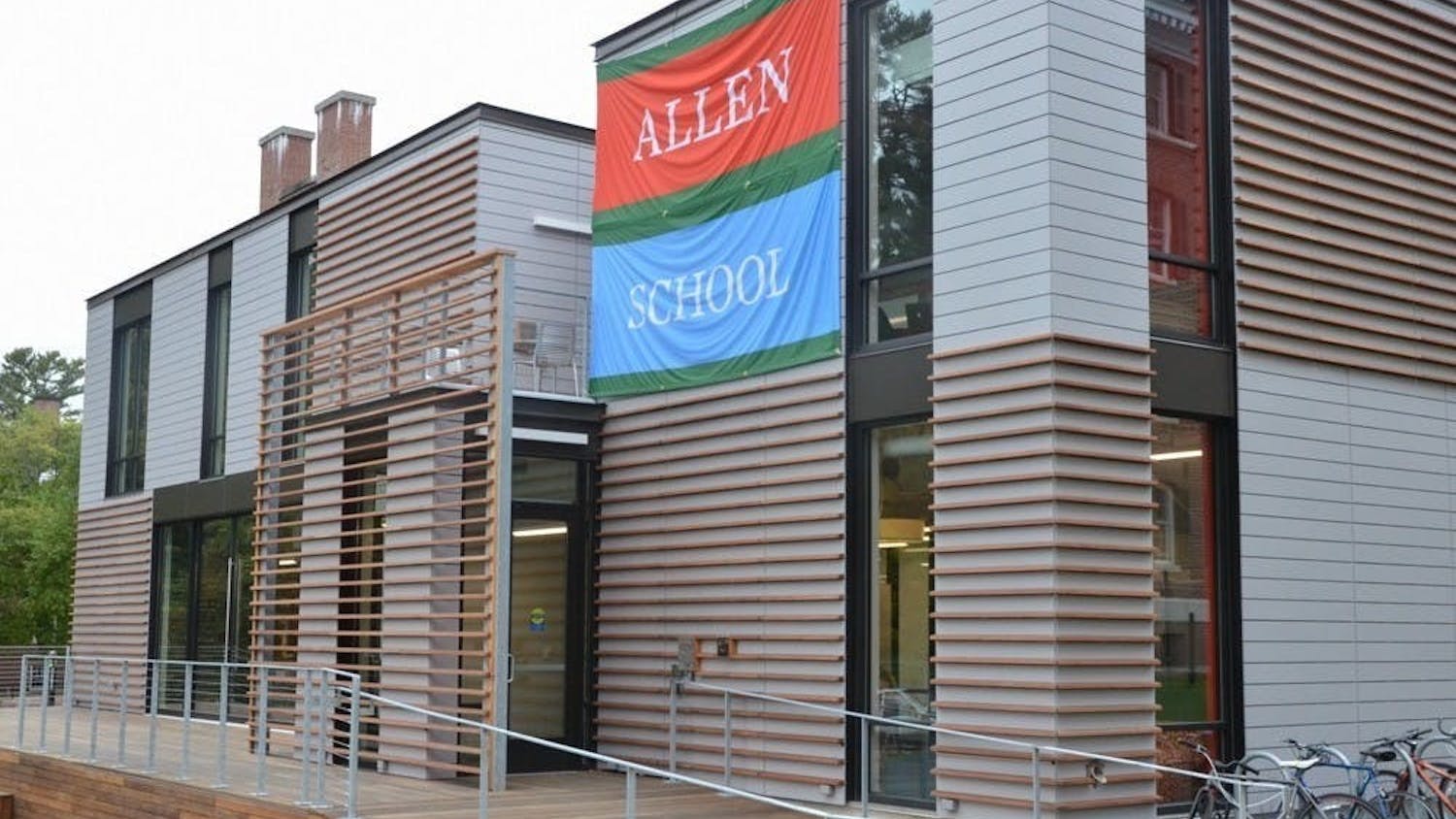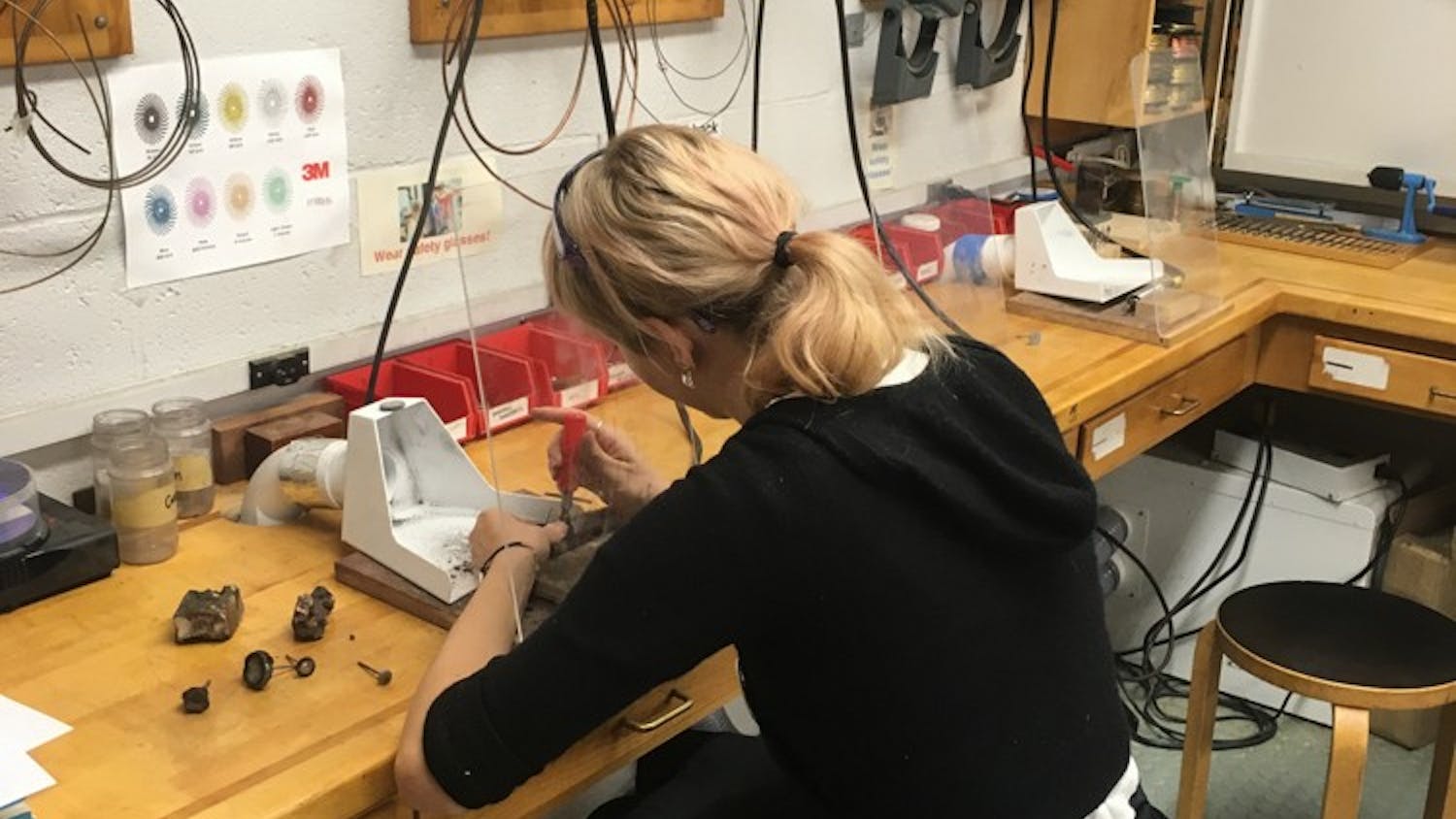“I signed the lease!” I screamed excitedly over the phone back in November after agreeing to live off-campus in Hanover during 21W.
I’m one of many students who has interwoven an off-campus space into their Dartmouth years. Given the choice between living at home with parents while enrolled in Zoom school, living in a dorm while subject to the College’s COVID-19 restrictions or scouring the housing market for off-campus options, many students have chosen the latter — so many that there isn’t anything novel about it anymore. During the pandemic, off-campus options have allowed many of us to recoup the feeling of being a student “at Dartmouth,” yet off-campus students navigate a liminal space where they’re not fully college students nor fully adults.
Grocery store trips, washing machine maintenance problems and roommate tensions and reconciliations aren’t exclusive to the off-campus experience, and moving to college freshman year and living in dorms obviously confers some newfound independence. However, living off campus demands a new layer of domesticity, problem-solving and responsibility.
Speaking with other off-campus Dartmouth students provided some valuable insights into the trials and tribulations of quasi-adulting. Perhaps other off-campus students can find solace, relatability or even a tip or two in their experiences.
On Cleaning
I’ve learned a lot about myself since embarking on my off-campus living journey; for one, I like my communal spaces very clean relative to others. Determining a communal threshold for cleanliness took some time; in the beginning of winter term, we typically reached a breaking point when someone professed, “Okay guys — we are living in filth.” Cleaning has always been a joint effort, though, and we’ve determined that more structure in our roles has created a reliable system. I unload the dishwasher in the morning, another roommate loads it at night and a third takes care of the trash.
William Gridley ’23 is currently living off campus in Fairlee, Vermont. In the fall, he lived with a different cast of characters in Quechee, Vermont and described cleaning as the hardest adjustment for the house.
“Personally, I have the expectation that if somebody makes dinner for the group, then other people do the dishes,” Gridley said. “… Some people thought that if you cook, you should clean up because you’re the one who's making the mess, and so, I would say that keeping common spaces clean was definitely the biggest struggle.”
When asked whether or not the issue was ever resolved, Gridley demurred.
“To be honest, I don't really think we ever figured it out,” he said. “And I think that was partly a function of group dynamics … I mean, we tried to institute a fine system for people who left dirty dishes out.”
On Cooking
I’m unashamed to admit that this winter, I reverted to a safe and sure bet for most of my meals: frozen meals and salad kits. Yes, I’ve since become savvier in the kitchen — I even learned to boil water, cook a piece of chicken and master the microwave. I don’t dislike my routine of cheap, easy meals because they’re functional when I’m tired and running between Zoom meetings. Though I miss my parents’ food, cooking has become a huge part of my life now.
Hannah Spindler ’23 is living off campus in Hanover in the Edgerton Episocal Center this term. She also noticed the time that cooking takes weighs on her schedule, though she did her best to prepare for it.
“I’ve definitely had to do a lot more cooking … over break, I did a lot of meal prepping and planning because I've never had to cook for myself,” Spindler explained.
On Budgeting
I don’t think any economics class has taught me the power of a dollar the same way that budgeting my expenses has done thus far. As a cautious shopper, I’m incredibly observant of costs and refuse to pay the Hanover Co-op’s inflated prices unless it’s a last resort. Budgeting with five other people in the fall was chaotic; we divided the grocery bill in six despite the fact that there was an unequal amount of food-sharing. In the winter, I started only purchasing my own food, which was conducive to overspending on frivolous things. So, for spring, I’ve tried to quantify a weekly budget. My two roommates and I have instituted a quid pro quo system; I buy the toiletries today because you paid for our Jewel of India dinner last night.
Steven Hadley ’21 is currently living on North Park Street with two other ’21s. He shared that he and his roommates adopted a similar system.
“I would say it all evens out in the end,” Hadley said. “Like, if I buy the stuff for dinner one night, I don't charge on Venmo because I know the next time [my roommates are] going to buy stuff for dinner. We have a good relationship and trust each other. No one's trying to take advantage of the other.”
On Responsibility
When asked whether off-campus living detracts from a college experience, all three students shared similar sentiments.
“I would say that, in all senses, I am adulting,” Gridley said. “I'm in charge of my schedule, especially since I'm on an off-term.”
Hadley said that he never thought he would live off campus in the first place, noting that there are areas of responsibility that dorms may not provide practice for.
“You're not taking care of a house … You're not cooking for yourself. You're not cleaning for yourself. You're not taking care of things when something goes wrong,” Hadley said of dorms. “This house is fully on my own. I was so hesitant to live off campus, but I really changed my mind because I love having the extra freedom.”
Spindler shared that the added responsibility of living off campus has taught her many valuable life lessons.
“I do feel like more of an adult,” Spindler said. “… I like the independence and intentional community aspect of it. It’s good for learning time management and taking care of myself and other people.”
For me, living off campus provided unmatched self-growth. Perhaps I miss the dorms — my “normal” ecosystem from freshman year — and feeling like a full college student. However, I wouldn’t trade this experience, and I can’t imagine returning to dorm life and losing the freedom and independence that comes with “adulting.”




